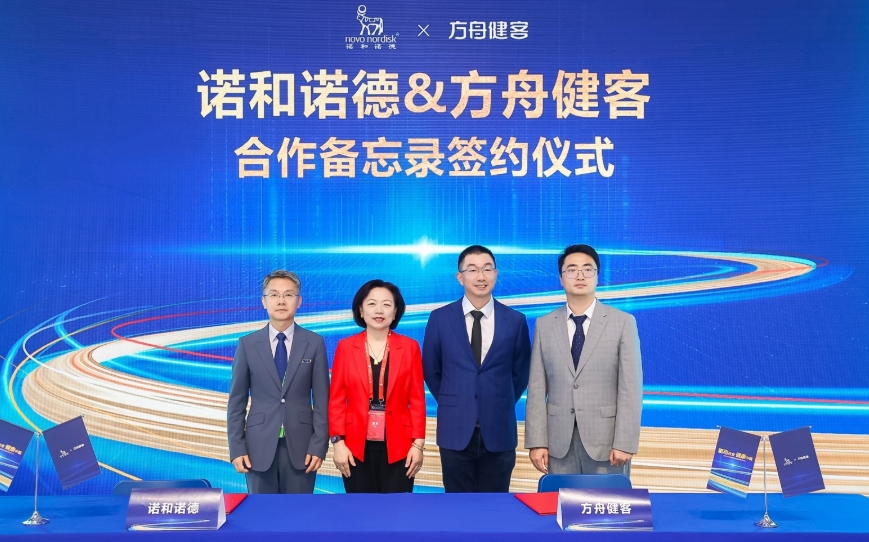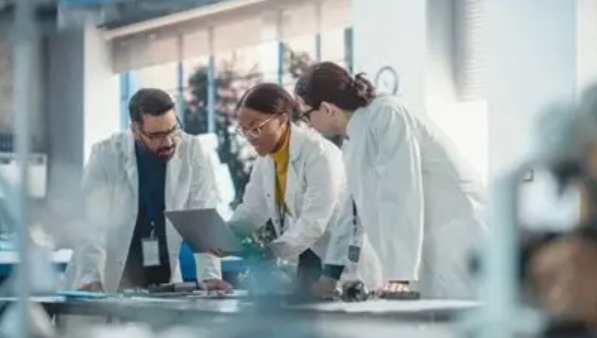
Ms Julie Phillips, CEO, BioDiem, Australia
Vaccines along with better hygiene are among the most effective solutions to reduce epidemics. It's a tried and tested fact that prevention really is the best cure. Unfortunately, implementing effective vaccination programs in developing nations is fraught with difficulty for many reasons. These include the availability of vaccines for the 'neglected' diseases, which particularly affect the developing world, feasibility of distribution, and the availability for large-scale production in the face of a pandemic.
The global vaccine market was valued at $28 billion in 2010, up from $18.5 billion in 2007, an astonishing leap that was driven sur to concerns about bird and swine flu. The lion's share of the sales went to a handful of giant vaccine producers, who focused mostly on the developed world. However, the challenges outlined above perpetuate the cycle of chronic illness and pandemics in developing nations.
BioDiem's role in this space is as a small, nimble developer of technologies for major neglected diseases, supported by an existing influenza vaccine licensing business. Our diverse portfolio is complemented by some of the most wide-ranging partnership networks in the Australian life sciences sector, including agreements with the World Health Organisation (WHO), who have facilitated access to partners like the Serum Institute of India, a vaccine supplier to more than 140 countries.
We believe that the tide is beginning to turn for biotechs, whose market focus is outside the 'traditional' markets of the US and Europe. Although BioDiem's strategic focus on infectious diseases includes global targets like hepatitis and the Epstein-Barr virus, it is in developing markets that some of our greatest opportunities lie. The development of groups like The WHO and major funding agencies like the Bill & Melinda Gates Foundation, which support research in this area, have significantly enhanced the prospects of success for companies with innovative solutions to offer.
To illustrate where our work with developing countries began, we must turn to BioDiem's lead product, the Live Attenuated Influenza Virus (LAIV) flu vaccine. This technology carries significant advantages over standard flu vaccines including the ability to be manufactured in more doses at a higher speed, which is a clear advantage in the face of a pandemic. These vaccines also do not require a mercury-containing preservative that some evidence has suggested may cause occasional adverse reactions, and which is being phased out of many common vaccines in developing countries.
BioDiem's technology is also the basis for vaccines with a potentially lower side-effect profile as they are delivered into the nose with a spray or a dropper. This is easier to use in children and reduces the need for trained staff and reduces problems caused by injections.
An expanding business in the world's largest markets
BioDiem's license arrangement with the WHO under the Global Pandemic Influenza Action Plan for the public sector in developing nations has given BioDiem access to major developing markets such as India and China. We have partnered with the Serum Institute of India and Changchun BCHT Biotechnology Company (BCHT) in both these markets respectively. These networks are crucial for developers working in the developing world.
The Serum Institute of India (SII) now manufactures the swine flu pandemic vaccine, NasovacM, for the Indian market. The SII also holds a non-exclusive license for the private markets in Mexico, Argentina, Peru, South Africa, Bangladesh, Bhutan, Nepal, Pakistan and Sri Lanka. The SII's manufacturing facilities conform to WHO current good manufacturing practice (GMP) requirements and are approved by WHO/Geneva. The SII has also established itself as the world's largest producer of measles and DTP (diphtheria/tetanus/whooping cough) vaccines.
In 2011 the WHO sublicensed BioDiem's LAIV technology to a well-positioned Chinese biotech, BCHT. This license allows BioDiem to receive royalties from Chinese private sector market sales of seasonal and pandemic vaccines.
Our partnership with the WHO has been an essential part of our ability to navigate the complex environments represented by the health and regulatory systems of developing countries, and establishing these kinds of relationships is a case study for other companies attempting to enter developing markets.
Use vaccines to meet needs of the infectious diseases market
BioDiem now aims to leverage its partnerships and expertise in the development of new vaccines by turning its attention to addressing major threats represented by infectious diseases that disproportionately affect the developing world. These include examples like the parasitic diseases dengue fever, malaria, and schistosomiasis, as well as viral infection-related cancers such as nasopharyngeal carcinoma.
BioDiem is seeking to address diseases like these in two main ways. Firstly, by developing new vaccines, and secondly by using its antimicrobial program that focuses on a drug compound called BDM-I. Work conducted at US Government-backed medical research institutions has demonstrated BDM-I's activity against a range of disease-causing fungi, bacteria, and protozoa (a type of microbe). BDM-I acts as a broad spectrum agent with huge potential that may access a variety of very large markets as the antifungal market alone was valued at $9.4 billion in 2010, while the antibacterial market is estimated to exceed an astounding $46 billion by 2015.
In addition to these applications, BioDiem has recently strengthened BDM-I's position with granted patents in Europe and America covering the compound's activity against key agents responsible for malaria, the sexually transmitted disease trichomoniasis, and the common female health complaint vulvovaginitis (inflammation of the vagina).
BioDiem intends to move BDM-I into next phase of development using animal models in the next 12 months. We are excited about the diverse potential of this asset and its demonstrated effectiveness against a variety of troublesome organisms such as schistosomiasis which particularly threaten developing markets.
New uses for a core technology
In a way accepting of our status as a small player, BioDiem also plans to develop new types of vaccine efficiently by leveraging core in-house expertise with the LAIV, upon which our existing vaccine licensing business is based. BioDiem plans to engineer a LAIV viral vector: essentially a smart way of changing a virus so it can 'jump start' the immune system, and can potentially be used as a therapeutic treatment for many diseases.
BioDiem hopes to take this technology to the stage where it will aid the engineering of future vaccines for cancers such as nasopharyngeal carcinoma (NPC) and infectious diseases such as respiratory syncytial virus (RSV). NPC is highly prevalent in Asia and certain regions of East Asia and Africa. RSV is a source of severe respiratory illness in infants and children worldwide, which is estimated to cause 160,000 deaths annually.
Biodiem has begun research collaboration with France-based VIVALIS, a biopharmaceutical company with expertise in vaccine production technologies. The collaboration involves investigation into whether VIVALIS' technology would support the development of the vector program. BioDiem expects to announce the outcome of the first stage of this project before September 2012.
As well as building our in-house portfolio, BioDiem is leveraging its networks to add value to in-licensed technologies including a new vaccine technology platform from the Australian National University targeting dengue fever and another platform from the University of Canberra targeting hepatitis.
Dengue fever is a neglected disease affecting 50-to-100million people a year with rising incidence while hepatitis affects hundreds of millions of people worldwide. Both dengue and hepatitis can be debilitating diseases and need more effective treatments.
BioDiem's in-licensed platforms may also be used to facilitate the design of vaccines against a number of other infectious diseases. Complementary to BioDiem's portfolio, these technologies supplement BioDiem's focus on vaccines and therapies for infectious diseases, and are to be developed with an eye to outlicensing to the right partner.
Making the most of adaptability and networks in developing markets
BioDiem seeks to provide its investors with a differentiated offering by spreading its development risk and increasing prospects for success through developing infectious diverse portfolio targeting infectious diseases and related cancers. We have clearly identified our role as a vaccine player within a globe-spanning network, with assets that offer real potential for addressing major 'neglected' diseases as well as first world disease targets.
In an emerging ecosystem of funds, healthcare bodies, regulatory systems, and biotechs in the developing world, making the most of your defining assets and relationships is a key to business growth, and ultimately, delivering health solutions to patient populations that have struggled for generations without the medicines they need.




